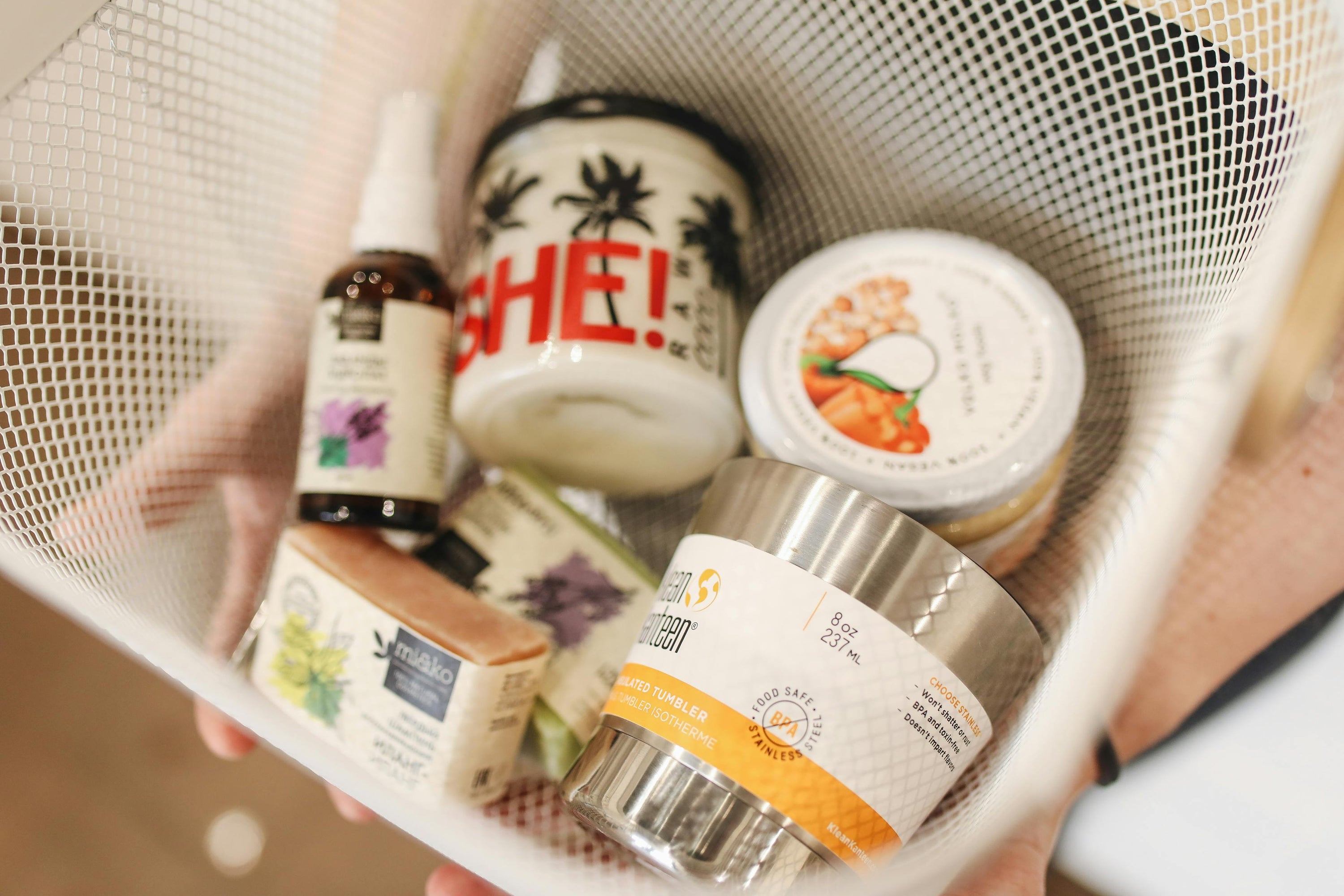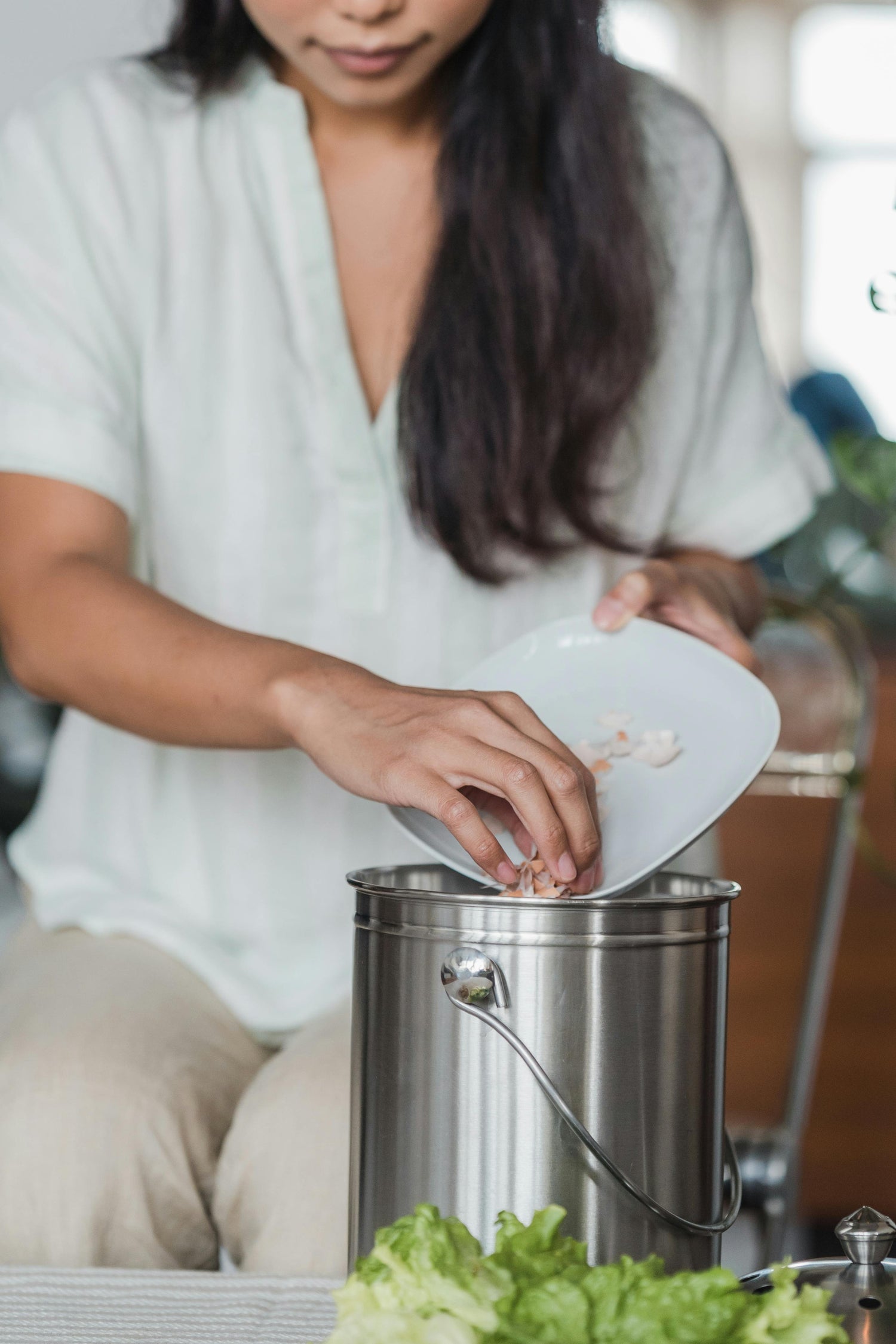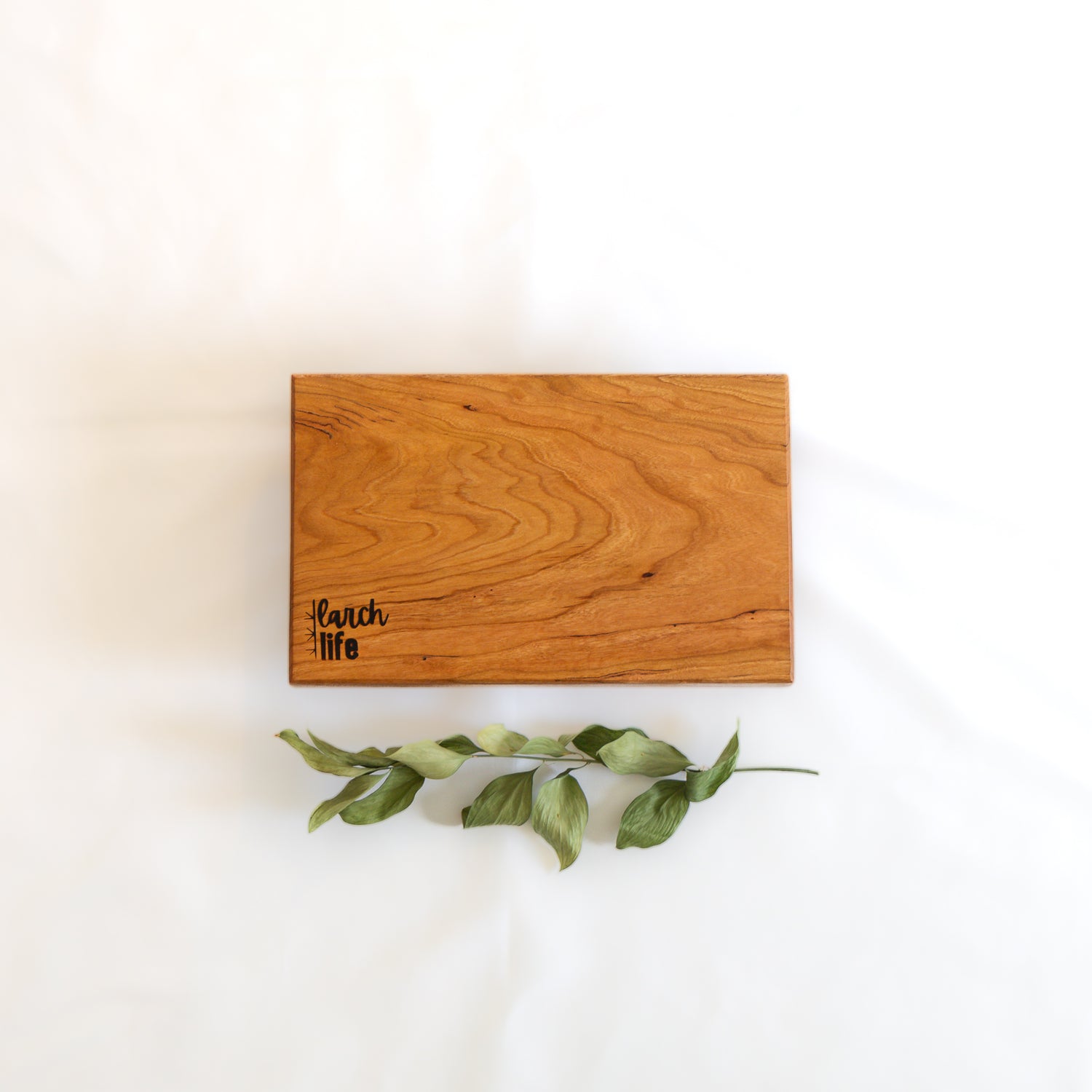Choosing sustainable products can feel overwhelming with so many material options. But fear not, Larch Lifers! This guide breaks down the environmental impact of common materials, helping you make informed choices.
Stainless Steel:
- Eco-Footprint: High initial footprint due to chromium mining and high-heat processing. Plus side? It's incredibly durable and almost infinitely recyclable.
- Benefits: Long-lasting, resists rust and corrosion, good for hygiene applications.
- Recycling: Highly recyclable, but the process is energy-intensive.
Glass:
- Eco-Footprint: Energy-intensive to produce due to high furnace temperatures. However, it's completely recyclable.
- Benefits: Inert (doesn't leach chemicals), non-porous, good for food and beverage storage.
- Recycling: Highly recyclable, but the color sorting process can be complex.
Plastic:
- Eco-Footprint: Varies depending on type, but generally a major environmental concern. Most plastics are not biodegradable and contribute significantly to plastic pollution.
- Benefits: Lightweight, versatile, often inexpensive.
- Recycling: Recycling rates are low, and many plastics can only be down-cycled into lower-quality products.
Wood:
- Eco-Footprint: Forestry practices matter! Sustainable wood sources with proper reforestation minimize environmental impact.
- Benefits: Renewable resource, beautiful, good insulator.
- Recycling: Wood can be recycled into some products, but often ends up in landfills. Opt for certified sustainable wood (FSC) to minimize your impact.
Bamboo:
- Eco-Footprint: Fast-growing and renewable, making it a good alternative to traditional wood.
- Benefits: Durable, naturally antimicrobial, trendy and versatile.
- Recycling: Technically recyclable, but infrastructure isn't always available. Choose untreated bamboo for easier composting.
Cotton:
- Eco-Footprint: Conventional cotton production is water-intensive and can use harmful pesticides. Opt for organic cotton for a more sustainable choice.
- Benefits: Natural, breathable, comfortable fabric.
- Recycling: Recyclable, but the process can be energy-intensive. Organic cotton is often biodegradable.
Remember: This is a simplified overview. Consider the entire product lifecycle - manufacturing, transportation, and disposal - when making your choices.
The Larch Life Takeaway:
There's no single "perfect" material. Choose durability, recycled content, and sustainable sourcing whenever possible. Look for certifications like FSC (wood) and GOTS (organic cotton) for peace of mind. By being conscious consumers, we can all make a difference!






